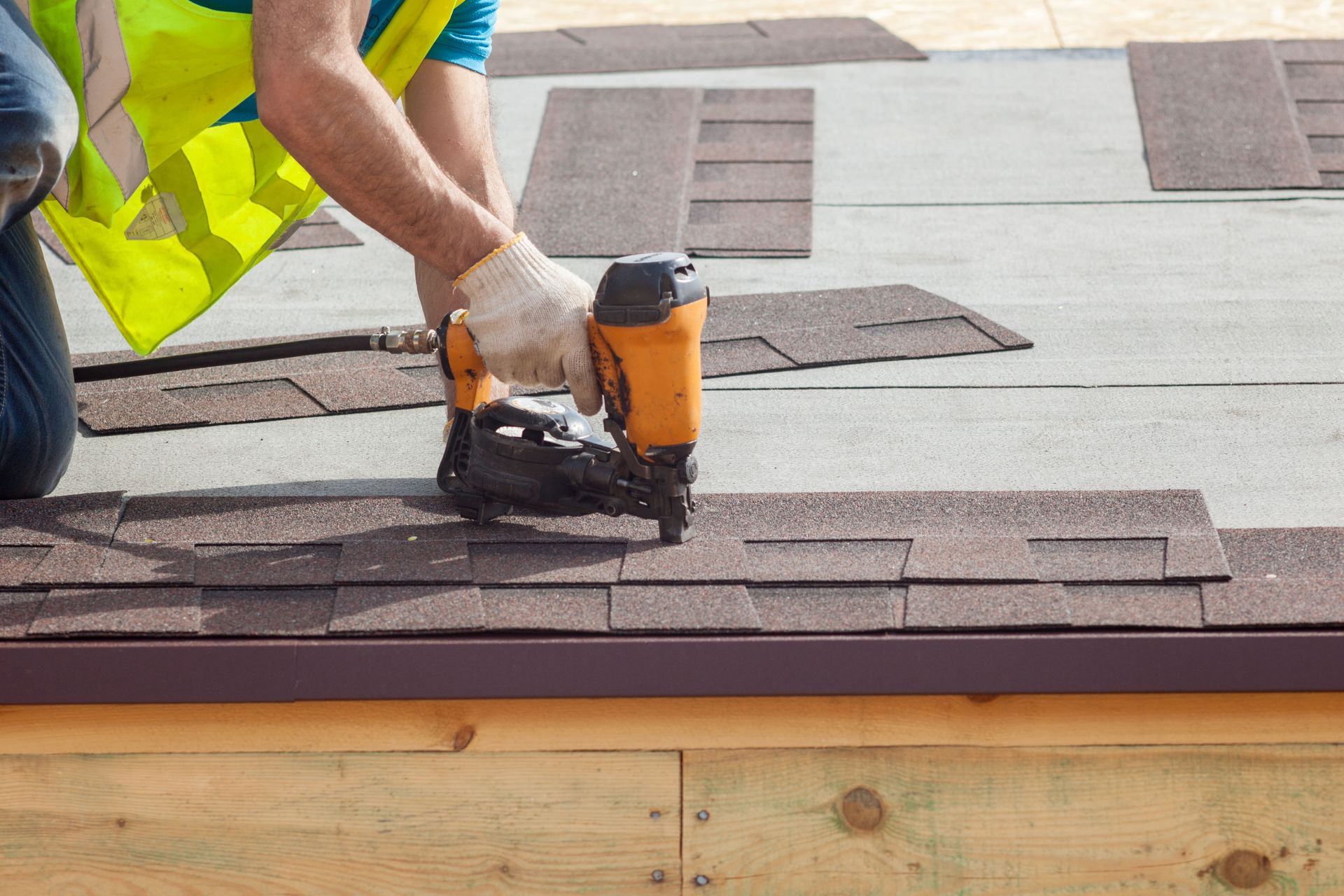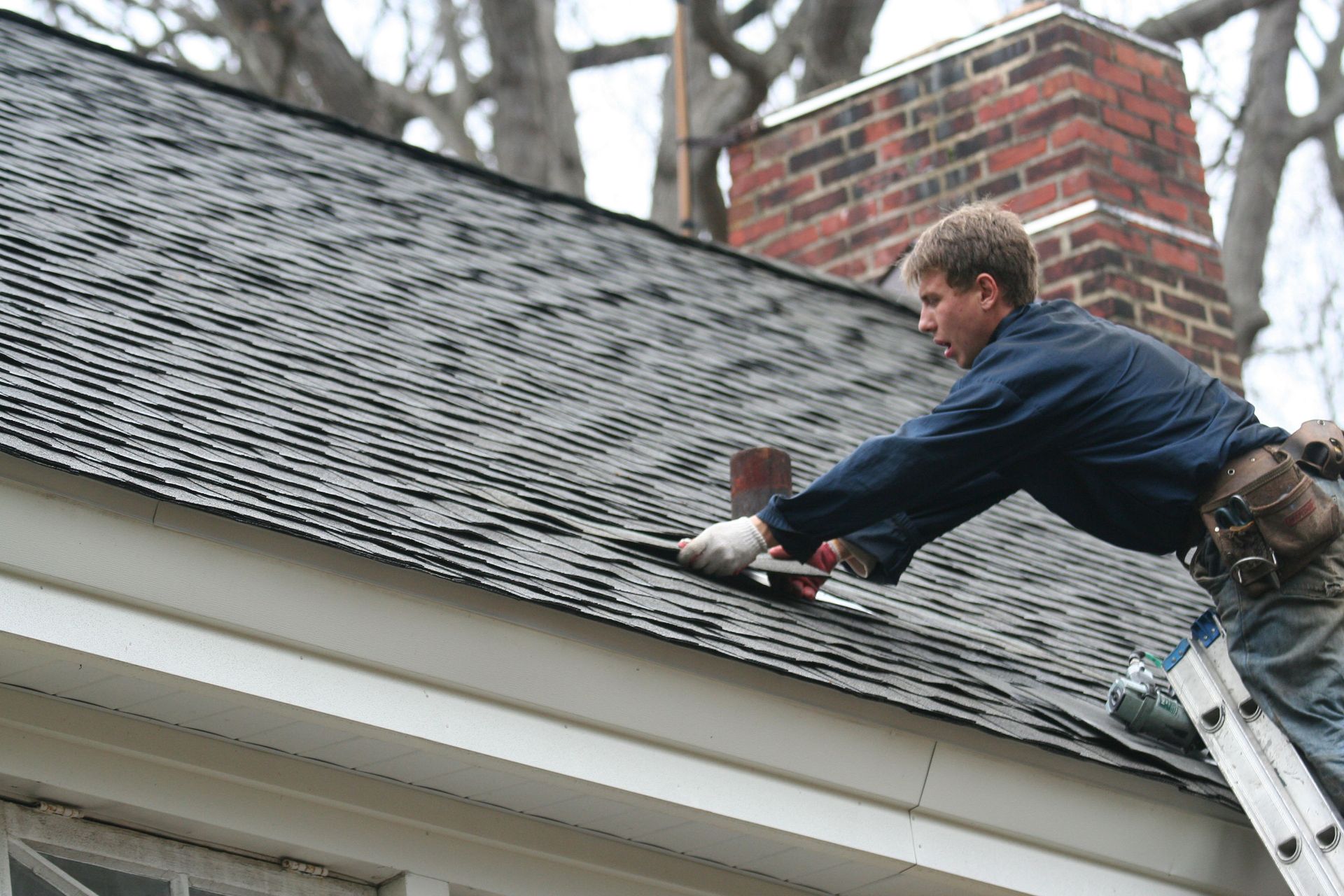November 14, 2025
Building a home is a significant investment, both financially and emotionally. Choosing the right home builder is crucial to ensure that the process goes smoothly and that the final result meets your expectations. Before making such a crucial decision, it's important to ask the right questions to potential builders. This article outlines five essential questions that will help guide you through the selection process and ensure you choose the best builder for your needs.
1. What is Your Experience and Track Record?
Your builder's experience and track record are fundamental indicators of their capability to execute your vision. The number of years a builder has been in business can reveal their stability and reliability in the industry. You should inquire about the types of projects they have completed, as some builders specialize in certain architectural styles or house types. This information will also help you assess whether they have the relevant experience to handle your specific requirements. Furthermore, a well-established builder is more likely to have a network of reliable suppliers and subcontractors, which can be beneficial for the smooth progression of your project.
Client testimonials and references are invaluable tools in assessing a builder's past performance. Reach out to past clients to get a sense of their satisfaction levels and get insights into how the builder handled any difficulties during construction. Awards and recognitions can also serve as independent validations of a builder's quality and professionalism. An impressive portfolio showcases the builder's work and artistic flexibility, allowing you to get a better idea of their capabilities and craftsmanship. Reviewing these aspects can significantly bolster your confidence in your choice of a home builder.
Portfolios and visual examples of completed projects give a tangible dimension to a builder's capabilities. Pay attention to the quality, style, and diversity of their previous work to ascertain whether it aligns with your expectations. A diverse portfolio indicates flexibility and adaptability, crucial traits for customizing projects. Always verify the authenticity of these exhibits to ensure that the builder truly accomplished these projects. According to HomeAdvisor, constructing a house typically takes between four and 12 months, so you'll want a builder with a track record of timely project completion.
2. Are You Licensed and Insured?
Ensuring that your builder is licensed and insured is a crucial step in the selection process. State and local licensing requirements vary, and it's important to verify that the builder you choose complies with all relevant laws. A licensed builder is more likely to be up-to-date with building codes and regulations, ensuring that your home will be safe and legal. Verification of insurance coverage is equally important, as it protects you from potential liabilities during construction. Make sure the builder carries both general liability and workers' compensation insurance.
Understanding the implications of a builder's insurance is essential for your protection. General liability insurance covers third-party bodily injuries and property damage that could occur during the project. Workers' compensation insurance protects you from being liable if a worker is injured on-site. Verify the builder's credentials by asking for copies of their insurance policies and licensing documents, and take the extra step to confirm their authenticity with the issuing authorities. These steps are fundamental in mitigating risks associated with home construction.
It's crucial to be familiar with the impact that proper licensing and insurance can have on your project's legality and safety. Working with an unlicensed and uninsured builder can lead to significant legal and financial repercussions if issues arise. Carefully reviewing and verifying credentials not only ensures compliance but also sets a standard for the professionalism you can expect from your builder. Remember, this documentation serves as a safeguard, protecting both you and your investment throughout the construction process. Overlooking these details could delay construction, extending it beyond the typical 4 to 12-month timeframe.
3. What is Your Building Process?
Understanding your builder's process is essential to align expectations and foster transparency throughout your project. Ask about the project timeline and key milestones, as these will provide a structured roadmap of what to expect. This includes understanding which phases of the project take longer and how potential delays might be managed. Communication is another vital component, so inquire about how often you can expect updates and what tools they use to keep you informed. Regular communication can alleviate anxieties and ensure a collaborative and successful partnership.
The builder's approach to customization and design flexibility is particularly important for those wanting a personalized home. Your builder should be willing to accommodate unique requests and be able to offer solutions that enhance your vision. A highly flexible builder can adapt to changes, whether they occur before the groundbreaking or mid-project. Discuss how unexpected issues are handled, as these challenges can directly impact timelines and budgets. A proactive and experienced builder will have contingency plans to mitigate the effects of unforeseen complications.
Quality control and regular inspections form the backbone of a successful building process. Confirm that your builder's process includes routine checks to ensure that work is completed to the highest standards. These inspections should align with local building codes and include a detailed quality assurance checklist. Inspections are particularly important during critical phases, such as foundation work and final finishes. With a well-structured building process, your home construction should stay on track.
4. Can You Provide a Detailed Estimate?
A structured and transparent estimate is pivotal for successful financial planning in your home building project. Ask your builder to itemize components of the estimate, including materials, labor, permits, and additional fees. A meticulously detailed estimate helps you understand where your money is going and allows for more accurate budgeting. This transparency serves to build trust and set clear financial expectations from the outset. Potential hidden costs should be discussed thoroughly to prevent disputes and financial strains during construction.
Payment schedules and methods are key factors in managing your project’s financial aspects. Ensure that your builder outlines the stages at which payments are due, and verify that they align with project milestones. Discuss acceptable payment methods and whether they fit comfortably within your financial plan. Scout for the possibility of comparing estimates from other builders to verify competitiveness and value. Compare not only the cost but also the comprehensiveness of the scope and provided services against industry standards.
5. Who Will Be Supervising the Construction?
The project manager overseeing your home's construction plays a significant role in its success. Inquire about the role and experience of the individual who will be managing on-site activities. A seasoned project manager can handle tasks efficiently, make critical decisions, and mediate any issues that arise. Knowing the frequency of site visits is also pivotal, as regular assessments help to maintain quality and ensure the project adheres to plans. The project manager should be well-versed in coordinating with subcontractors and ensuring effective communication across all parties involved.
Having clarity on who to contact and what protocols to follow in case of emergencies can greatly reduce stress. Make sure to confirm the project manager's autonomy in problem-solving and decision-making. This clarity promotes a cohesive and efficient workflow and improves the overall construction experience. Frequent communication with the project supervisor will ensure that your expectations align closely with the outcomes, preventing unnecessary delays.
Hiring the right
home builder is essential to bringing your dream home to life. By asking these critical questions, you can gain a better understanding of each builder's capabilities, reliability, and alignment with your needs and expectations. This due diligence will help ensure that your home is built with quality and care, ultimately resulting in a successful and satisfying building experience. Contact Kenland Construction Inc today for more information.




